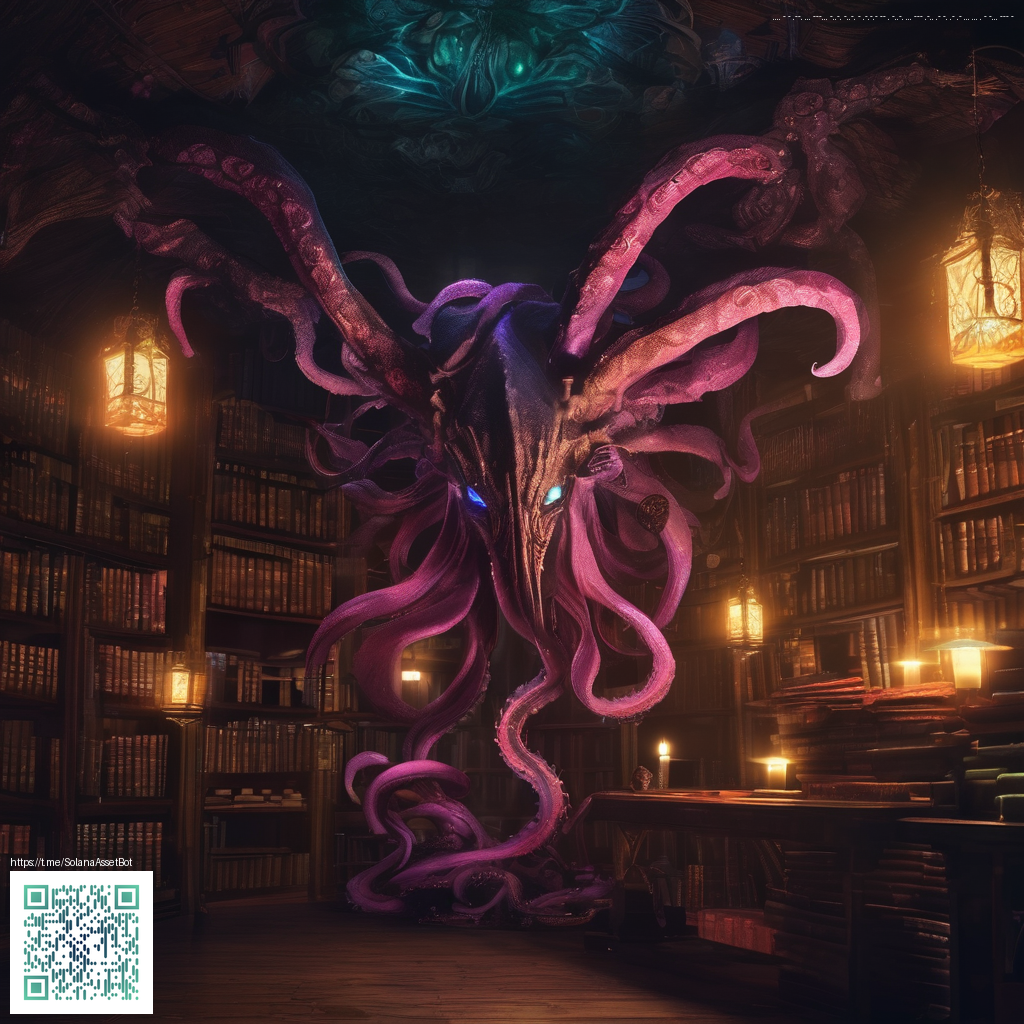
The Psychology of Grinding in MMORPGs
Anyone who has spent long hours in a massively multiplayer online role-playing game knows the rhythm: a loop of simple tasks repeated again and again, followed by a small, satisfying payoff. This isn’t merely stubborn dedication but a carefully crafted mix of psychology and game design. The grind rewards players with a sense of progress, mastery, and belonging, even when the activities themselves feel repetitive. Understanding why we keep going can help players balance time, enjoyment, and health while still getting the thrill of advancement.
Habit loops and the pull of progress
At the core of grinding is a classic habit loop: cue, routine, and reward. The cue might be a daily login, a timer that pings after a quest, or the sight of a familiar dungeon. The routine is the repetitive action—killing mobs, collecting mats, or refining gear. The reward is tangible (XP, loot, currency) and intangible (a badge of progress, the satisfaction of a new level). Over time, these small wins compound, creating a persistent pull to keep playing even when other activities call.
Game designers tap into this loop with consistent feedback: bright visual cues, predictable XP curves, and loot drops that feel just out of reach yet within grasp. When the next milestone is tantalizingly close, players experience a dopamine surge that reinforces the behavior. The effect isn't about coercion; it's about aligning challenge with capability so that effort feels meaningful and, crucially, repeatable.
Dopamine, flow, and the balance of challenge
Two intertwined concepts drive much of the grind: dopamine signaling and flow. Dopamine isn’t just about the moment of a reward; it’s about anticipating it. Near-misses—the close-but-not-quite victories—can often boost motivation as effectively as certain rewards. Flow, a state where skill and challenge perfectly match, emerges when you’re engaged but not overwhelmed. MMORPGs excel here, offering scalable tasks, varying enemy strengths, and gear progression that keeps the bar just high enough to stay absorbing without pushing players into frustration.
Intrinsic motivation also plays a large role. Some players grind because mastering a character build, understanding a boss pattern, or achieving flawless crafting gives a sense of competence that feels earned. Extrinsic rewards—rare items, leaderboards, or social recognition—add another layer, transforming a solitary task into a ticket to status within a guild or community. This blend of internal satisfaction and external validation creates a durable loop that can sustain marathon sessions over weeks or even years.
Social identities and community dynamics
Grinding isn’t a solitary activity for many players. Guilds, factions, and friend groups shape why and how long people grind. The social reinforcement—cheering in voice chat, sharing tips, trading rare drops—adds a powerful layer of accountability. When progression becomes a shared journey, time spent grinding strengthens relationships and a player’s in-game identity: the dependable tank, the meticulous crafter, the relentless farmer. In some communities, the social reward (respect, bragging rights, or guild advancement) becomes just as compelling as the loot itself.
Of course, there are costs to this social dynamic. The same structures that bind players together can intensify time investment and pressure to perform. Healthy boundaries and mindful pacing are essential to prevent burnout. Some players cultivate a ritual of short, focused sessions with clear goals, while others lean into rest days to preserve long-term enjoyment.
“Grinding is not just about the loot; it’s about turning repetitive effort into a dependable path of progress, community, and identity.”
Strategies for sustainable grinding
To reap the benefits of grinding without sacrificing well-being, consider these practical approaches:
- Set micro-goals for each session—tiny wins that add up to a larger milestone.
- Schedule breaks to prevent fatigue and maintain decision quality in deposits of time spent in-game.
- Optimize your setup for comfort and efficiency, since physical ease can extend focus. For example, a high-quality mouse pad can reduce fatigue during marathon sessions; many players find a reliable surface enhances consistency in actions and timing. If you’re curious, you can explore options like the Neon Gaming Rectangular Mouse Pad (1/16 inch thick, non-slip) to support longer play sessions.
- Vary tasks occasionally to keep engagement high and avoid mental drift during repetitive chores.
- Monitor your cadence and acknowledge when the desire to grind shifts from passion to obligation. It’s healthy to take breaks and re-evaluate goals.
Visuals and aesthetics matter, too. Thematic interfaces and well-designed environments can heighten immersion, reinforcing the sense that the grind is a meaningful journey rather than a chore. To those who enjoy the visual side of gaming, a well-curated setup—paired with intentional downtime—can amplify satisfaction and reduce fatigue during long sessions. If you’re exploring related visuals, you might visit a gallery like https://amethyst-images.zero-static.xyz/index.html for inspiration.
As players navigate the psychology of grinding, the key is balance. The grind can be a source of pride and progress when engaged with purpose, community, and self-care. By aligning habits with personal goals and using comfortable gear to support endurance, you can enjoy the journey while preserving long-term enthusiasm for your favorite MMORPGs.